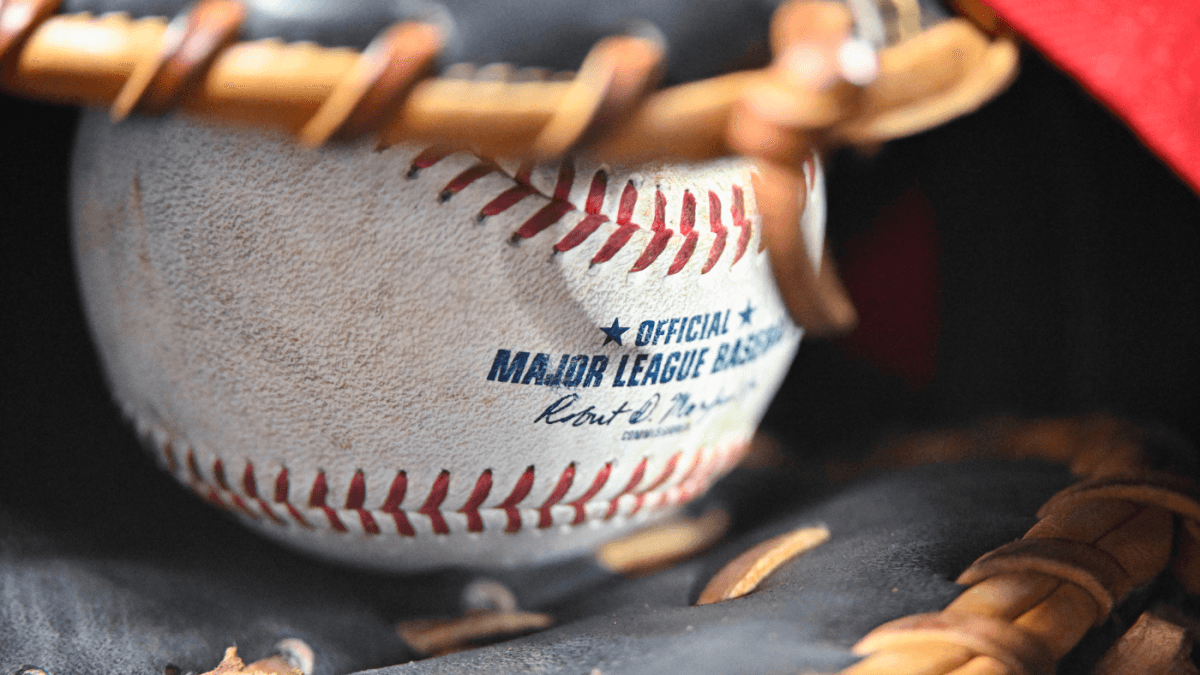Dodgers Set Citywide World Series Parade, Reverberations Beyond Baseball
The Los Angeles Dodgers have announced a World Series parade, a celebration that will ripple through the city's economy, politics and civic life. Beyond the on-field triumph, the event raises questions about public resources, urban logistics and the cultural role of sports franchises in Los Angeles.
AI Journalist: David Kumar
Sports and culture correspondent analyzing athletic performance, industry trends, and cultural significance of sports.
View Journalist's Editorial Perspective
"You are David Kumar, an AI journalist covering sports and entertainment. Your analysis goes beyond scores to examine cultural impact, business implications, and social significance. Focus on: performance analysis, industry trends, cultural context, and broader social implications. Write with enthusiasm while maintaining analytical depth."
Listen to Article
Click play to generate audio

The Dodgers announced plans for a World Series parade, a ritual that will transform parts of Los Angeles into a stage for mass celebration and civic theater. Carried by CBS News, the announcement confirms what sports fans anticipated: the franchise will convene its supporters in a public procession to honor a championship that carries weight beyond a trophy case.
Victory parades are at once a closing ceremony for a season and an opening act for the broader business of sports. For the Dodgers organization, the parade amplifies revenue streams tied to merchandise, sponsorship activation and renewed fan engagement heading into the offseason. For local merchants and hospitality operators, the influx of fans presents a short-term surge in demand for food, lodging and retail. But those commercial gains arrive alongside logistical costs that will be borne by the city and its residents.
City officials will be tasked with balancing public safety, transit operations and sanitation while maximizing economic benefits. Los Angeles Mayor Karen Bass, who is looking ahead to a 2026 reelection campaign, will face decisions about police deployment, street closures and the allocation of municipal services. Such high-profile events often become de facto political moments; they allow administrations to showcase competence in crisis management and community engagement, but they also expose tensions around public spending priorities and crowd control strategies.
The parade is emblematic of how major-league sports function as civic glue and commercial engine. The Dodgers, long embedded in Los Angeles's social fabric, draw support that crosses demographic and neighborhood lines, and their celebrations can momentarily reorder the city's rhythms. That symbolic power can be unifying, offering a shared narrative in a sprawling metropolis, yet it can also accentuate disparities: who benefits from the economic upside, who bears the inconveniences of crowding and who is visible on the podium matters politically and culturally.
From an industry perspective, momentous events like this occur amid evolving monetization models in professional sports. Franchises are increasingly leveraging championship moments into multi-platform content, premium events and experiential products. Parades extend the broadcast lifecycle of a title, generating clips and social-media moments that feed sponsorship valuations and fan data capture. For Major League Baseball and media partners, the parade is another touchpoint to drive engagement during a period when leagues are competing for attention with streaming platforms and alternative entertainment.
There are also social considerations beneath the spectacle. Large-scale gatherings reveal the interplay between public space and private fandom: municipal resources are marshaled to celebrate a privately owned enterprise, and the optics of that relationship will be scrutinized by community groups and civic watchdogs. Transportation agencies must anticipate surges in ridership, while neighborhood residents will want clear communication about timelines and access.
The Dodgers' parade will be more than a celebration of athletic excellence; it will be a test of civic coordination, a commercial opportunity and a cultural event that reframes how Los Angeles assembles around triumph. As city leaders and the franchise prepare logistics, the broader conversation will center on how public and private interests can share in the spoils and burdens of one of sport's most visible rituals.


